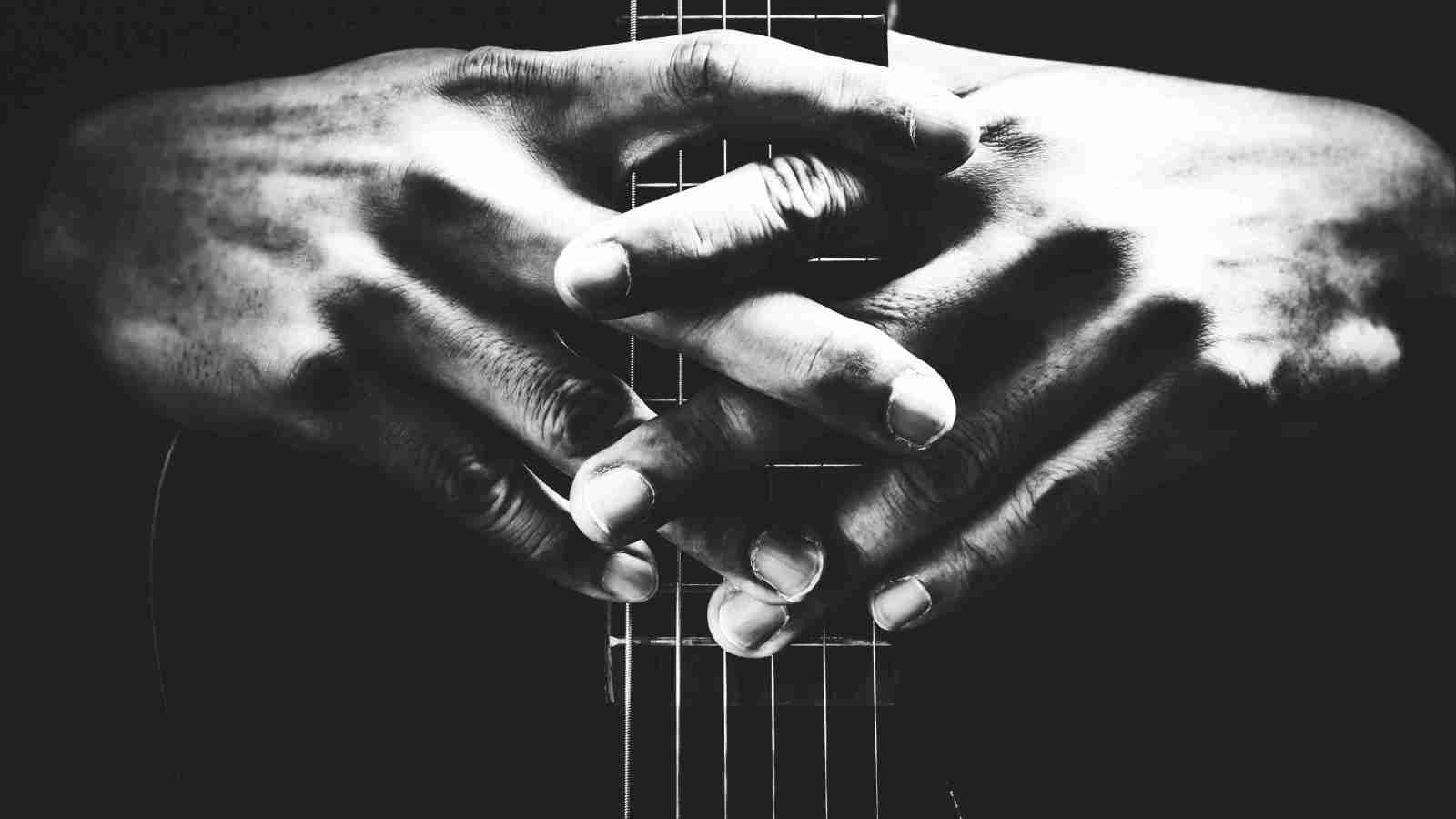
“It’s not my home, it’s their home and I’m welcome no more” — iconic lyrics that have inspired millions. As many of us no doubt do, I often daydream about lyricists’ intentions; in this case, Does the author feel alienated and, if so, from whom or what? What hellish establishment have they been ostracised from? It’s easy to see why the Smiths’ music speaks so profoundly to the marginalized and under-represented, providing countless individuals with comfort and a narrative that so often cradles their own. Morrissey and his poignant social commentary have echoed through the generations.
It is difficult to pinpoint the precise moment when Morrissey as a public figure became conflicted with his work as a lyricist. As this article from Farout Magazine explains so eloquently, the notion of Morrissey as a controversial figure is not recent. Even during his days as the Smiths’ front-man, he was unapologetically anti-capitalist, anti-monarchy and a vehement animal rights activist — causes which most left-leaning music lovers can likely get behind to some degree.
However, over the decades, the rock icon has expressed increasingly problematic views that do not, in my view, speak out in support of the downtrodden, marginalized or underrepresented in our society. Some of the views he has publicized over the decades range in their abhorrence from the vaguely nationalist (e.g., his comment about [Britain losing its identity due to immigration]) to the arguably racist (e.g., labeling Chinese people as “sub-human” in view of their government’s animal rights policies, or accusing Glastonbury of (promoting multi-culturalism over white culture] after Stormzy’s headline performance at the festival).
The paragraphs above are in direct opposition to each other. One illustrates the influence and artistic merit that, in my view, Morrissey’s music and writing hold. The other takes a brief, spine-tingling dip into the rock star’s personal views and character. Does the context around the individual make ‘There is a Light That Never Goes Out’ a bad song? In my view, it couldn’t possibly. Art, and the individuals who create it, should be treated as separate.
This applies to countless controversial figures in music. For various, and often starkly opposing, reasons other modern artists who have been the subject of disdain and contempt from the general public, the media and/or the establishment (or all three) include Chris Brown, Michael Jackson and Madonna, to name a few.
I believe that art is made by its audience’s perception and interpretation. It is the audience who impose the art’s meaning and merit. The creator of the art is detached from it the moment the figurative pen lid clicks shut.
The Rolling Stone Culture Council is an invitation-only community for Influencers, Innovators and Creatives. Do I qualify?
Artists (partly due to their platform/s, and in part perhaps due to some largely applicable psychological characteristics) are doomed to be controversial figures, and this is not unique to the last 100 years. For instance, Wagner is one of the most revered and critically acclaimed composers of the nineteenth century, despite his ferocious anti-semitism and staunch nationalism. Wagner’s operas are enjoyed by countless multicultural audiences, who in most cases take them as entirely separate from the man who created them and his political and social views.
I am not saying “good art excuses an artist’s wrongdoing.” In my opinion, individuals should be held accountable for any pain and suffering they cause and we should not shy away from challenging views which we disagree with, simply because the individuals espousing those views could be considered talented. But it is the individual who should stand trial, not the art itself.
Art is also seldom a solo endeavor. In most cases, there are many more people behind the art than the figures who spearhead it publicly (see my recent article about songwriting). For instance, Johnny Marr and Andy Rourke of the Smiths should not be held accountable for the views of their former bandmate, Morrissey. Quincy Jones and his production are separate from the problematic character of Michael Jackson. And the list goes on… So if one tries to destroy or “cancel” the art created by all those who we (albeit oftentimes justifiably) determine are not worthy of our respect, many more individuals are collaterally damaged than intended.
Art, and certainly music, holds a long-standing position in human civilization as an instigator of political change and a weapon of protest. So where do we draw the line? Whose controversy is right and whose is wrong? We should not silence or cancel those who we unilaterally decide are incorrect, or we are dangerously close to aligning with fascist social policy.
My advice to artists is always to be true to yourself and, if you feel something should be said, then say it. But keep in mind, opinions are like our children; we can’t expect everyone to like and respect them as much as we do.
Much like art itself, I believe the audience alone determines this, and this subjectivity is precisely why it is so important that we treat art and artists as separate. So to bring things full circle and back to the Smiths — play on, Mr. Shankly, and be entitled to your views, just as I am, frankly, entitled to disagree.
